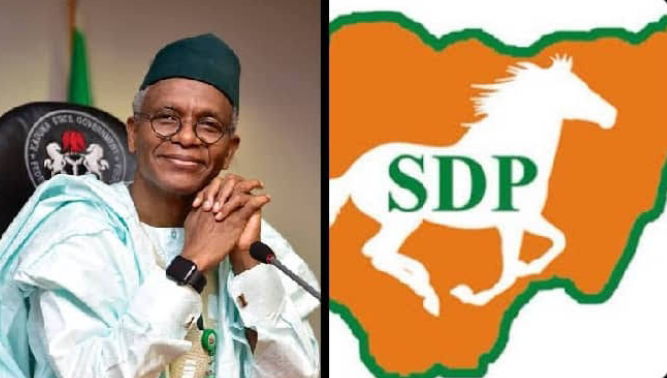Questions over future of Nigeria’s ruling APC in the South West
Published on 2016 December 2, Friday Back to articles
Nigeria’s APC emerged as the winner of the 26 November gubernatorial elections in Ondo State. But the win has also raised questions about the future of the ruling party in the South West because of the acrimony that preceded the elections. In his congratulatory message to the winner of the election, President Muhammadu Buhari admitted that the election ‘tested’ the party’s unity.
The victory has demystified the influence of Nigeria’s APC’s most influential person in the South West, Bola Ahmed Tinubu, who did not hide the fact that he was not supporting the APC’s party’s candidate Rotimi Akeredolu. Even though he never openly declared his opposition to Akeredolu’s candidature, he and his loyalists stayed away from the campaign trail of Nigeria’s APC ahead of the elections (see Nigeria Politics & Security – 21.11.16). Olusola Oke — who defected from Nigeria’s APC to contest under the umbrella of the Alliance for Democracy (AD) which is a party associated with Tinubu — was his preferred candidate.
Until 24 November — two days before the election when the courts cleared the way for Eyitayo Jegede, the preferred candidate of the PDP to participate in the elections — it was a straight fight between Nigeria’s APC and the AD. The ruling changed the electoral calculations in the state with Jegede mounting a last-minute challenge and enabled him to come second.
But the emergence of Rotimi Akeredolu means that the All Nigeria People’s Party (ANPP) faction of the APC now has two governors in the South West. Buhari was the ANPP’s presidential candidate in the 2003 and 2007 presidential elections before leaving to form the Congress for Progressive Change (CPC) for whom he contested the 2011election. The other governor is Ogun State’s Ibikunle Amosun who is a close confidant of Buhari when he was in the ANPP.



